The question of what happens after death has intrigued humanity for millennia. Different cultures, religions, and philosophies offer diverse perspectives on life after death. While some believe in reincarnation, others suggest that the soul transitions to an eternal afterlife. In modern times, science attempts to understand death from a biological and neurological standpoint. In this article, we will explore the various beliefs, scientific theories, and common experiences associated with death, aiming to provide a comprehensive overview of what happens after we pass away.
Frequently Asked Questions
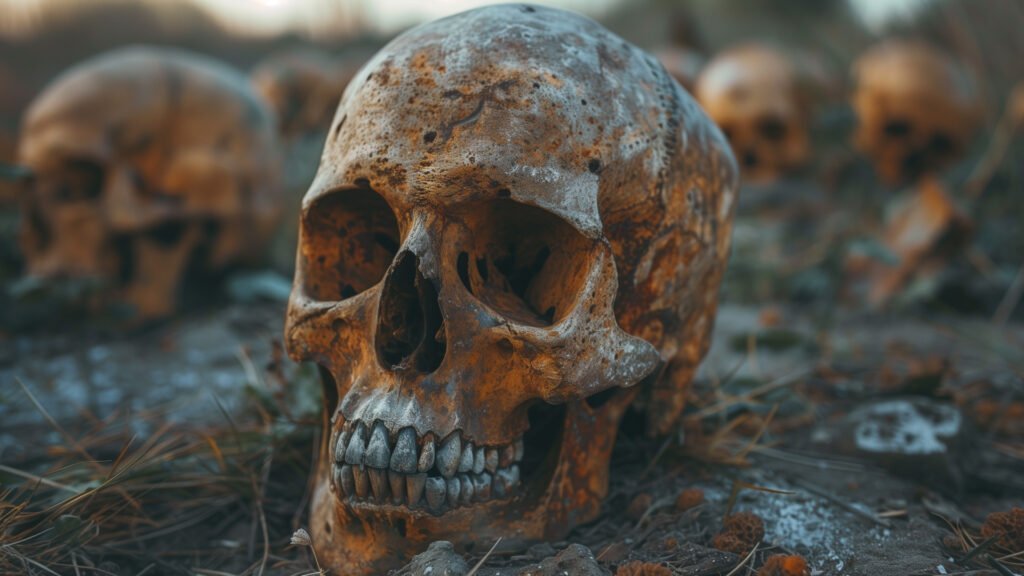
Religious Perspectives on Life After Death
1. Christianity
In Christianity, the afterlife is often viewed in terms of heaven and hell. Christians believe that after death, the soul is judged based on one’s faith and actions during life. Those who believe in Jesus Christ and follow God’s commandments are promised eternal life in heaven. Meanwhile, those who reject faith or live sinful lives are condemned to eternal punishment in hell. The concept of purgatory also exists in some Christian denominations, where souls are purified before entering heaven.
2. Islam
Islam shares similarities with Christianity in its belief in an afterlife, where individuals are judged based on their deeds. Muslims believe in a Day of Judgment when Allah (God) will resurrect the dead, and each person’s soul will either be rewarded with eternal life in paradise (Jannah) or punished in hell (Jahannam). The Quran offers vivid descriptions of both these places, portraying paradise as a garden of bliss and hell as a place of torment.
3. Hinduism
Hinduism is built on the concept of reincarnation, where the soul is reborn in a new body after death. This cycle of birth, death, and rebirth is known as Samsara. The type of life one is reborn into is determined by their karma—actions and deeds performed in previous lives. Ultimately, the goal is to break free from this cycle and achieve moksha, a state of liberation where the soul merges with the divine consciousness, ending the cycle of rebirth.
4. Buddhism
Buddhism also believes in reincarnation, but the concept of self is different. Buddhists believe that the soul is not a permanent entity but a collection of memories, experiences, and desires that form the individual. After death, this collection moves into a new form based on karma. The ultimate goal for Buddhists is to achieve Nirvana, a state of enlightenment where one escapes the cycle of death and rebirth.
5. Judaism
Judaism places less emphasis on the afterlife than other Abrahamic religions, focusing instead on the importance of actions during life. However, many Jews believe in an afterlife where righteous souls are rewarded in a place called Gan Eden (the Garden of Eden) and sinful souls face punishment in Gehinnom. Some Jewish teachings also mention the resurrection of the dead in the Messianic Age.
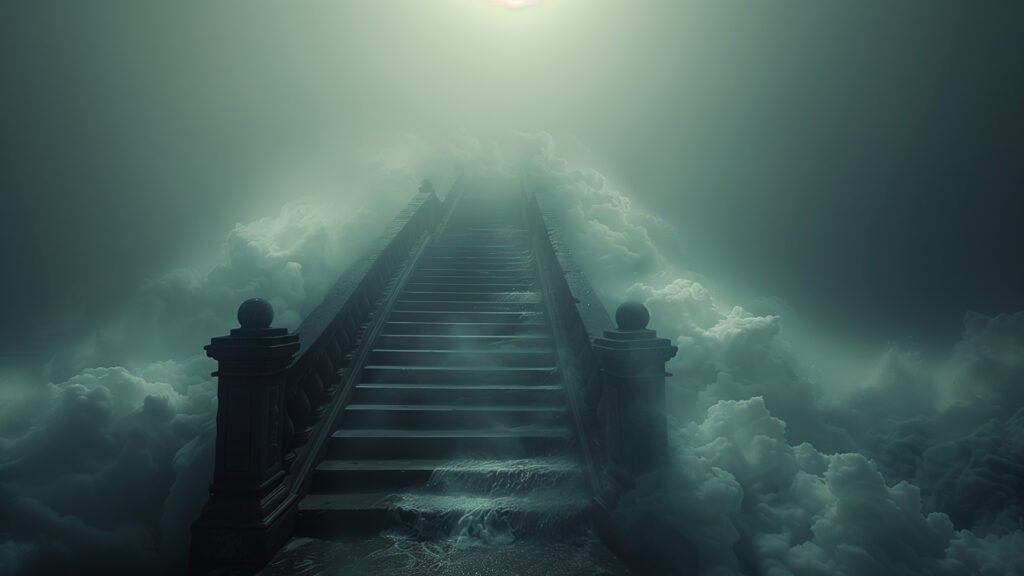
Scientific Perspectives on Death and Consciousness
While religions provide spiritual explanations for what happens after death, science approaches death from a biological and neurological perspective. When the body ceases to function, vital systems shut down, leading to the death of the organism. But what happens to consciousness? Is there an existence beyond the physical body?
1. Near-Death Experiences (NDEs)
One of the most compelling phenomena associated with death is near-death experiences (NDEs). Many individuals who have been clinically dead but later revived report experiencing sensations of floating outside their body, seeing a bright light, or encountering deceased loved ones. While these experiences are often cited as evidence of an afterlife, scientists explain them as the brain’s response to extreme stress, lack of oxygen, or heightened neural activity before complete shutdown.
2. The Brain’s Role in Death
From a scientific standpoint, death is marked by the cessation of brain function. As the brain controls all vital processes, when it shuts down, the body follows. Some neuroscientists propose that the experience of consciousness after death could be a hallucination created by the dying brain. Studies have shown that even moments before death, brain activity can spike, potentially explaining vivid NDEs.
3. Theories of Quantum Consciousness
Some scientists and philosophers suggest that consciousness may not be entirely tied to the physical body. The theory of quantum consciousness, proposed by physicists like Roger Penrose, posits that consciousness could exist at a subatomic level. This theory implies that consciousness may continue in some form after death, independent of the brain. While this theory is highly speculative, it opens the door to the possibility that our understanding of death is incomplete.
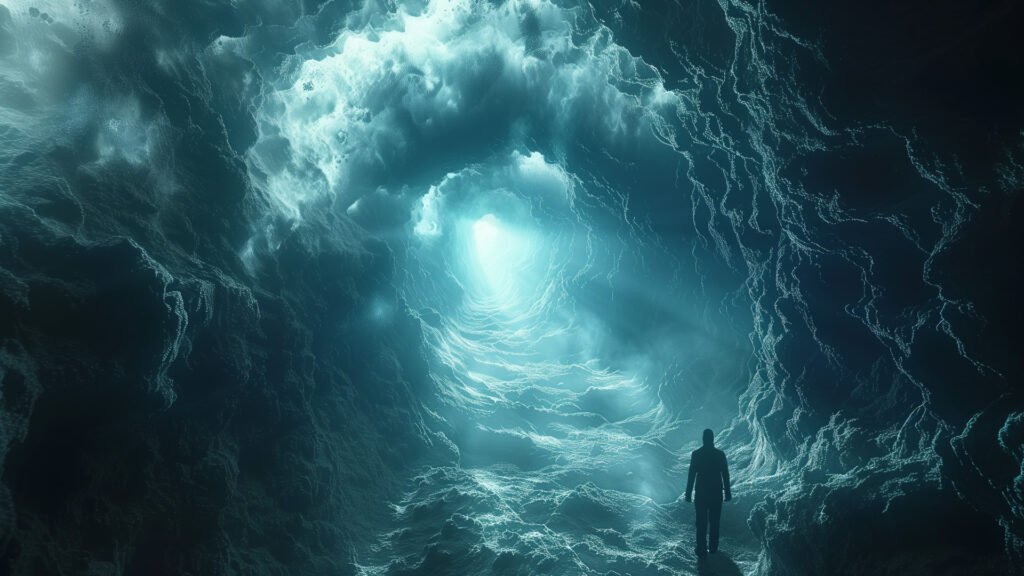
Shared Cultural Beliefs and Common Themes
Across different cultures, there are recurring themes in beliefs about death and the afterlife. Whether it’s the idea of judgment, reincarnation, or eternal life, many cultures have come to similar conclusions about what happens after we die.
1. The White Light and Tunnel
Many people who have experienced NDEs report seeing a bright white light or traveling through a tunnel. This experience is commonly described across cultures, from ancient Egyptians to modern Westerners. Some suggest this could be the brain’s final attempt to process information, while others see it as a transition to the afterlife.
2. Communicating with the Dead
Throughout history, various cultures have believed in the ability to communicate with the dead. In many ancient traditions, ancestors are revered, and their spirits are believed to watch over the living. Even today, people claim to communicate with deceased loved ones through mediums or spiritual rituals.
3. The Fear of Death
The fear of death is universal. Whether it’s the uncertainty of what happens next or the fear of losing consciousness entirely, death represents an unknown that humans have always struggled to understand. Many spiritual practices aim to reduce this fear by providing comforting narratives about what happens after we die.

Conclusion: The Mystery Remains
While various religions, philosophies, and scientific theories offer explanations about what happens after death, the truth remains elusive. Whether we experience eternal life, reincarnation, or simply cease to exist, the question of what happens after we die continues to captivate human imagination. Ultimately, our beliefs about death reflect our values, fears, and hopes for the future, and only in death will we discover the answer.
Sources:
Live Science – Afterlife Theories


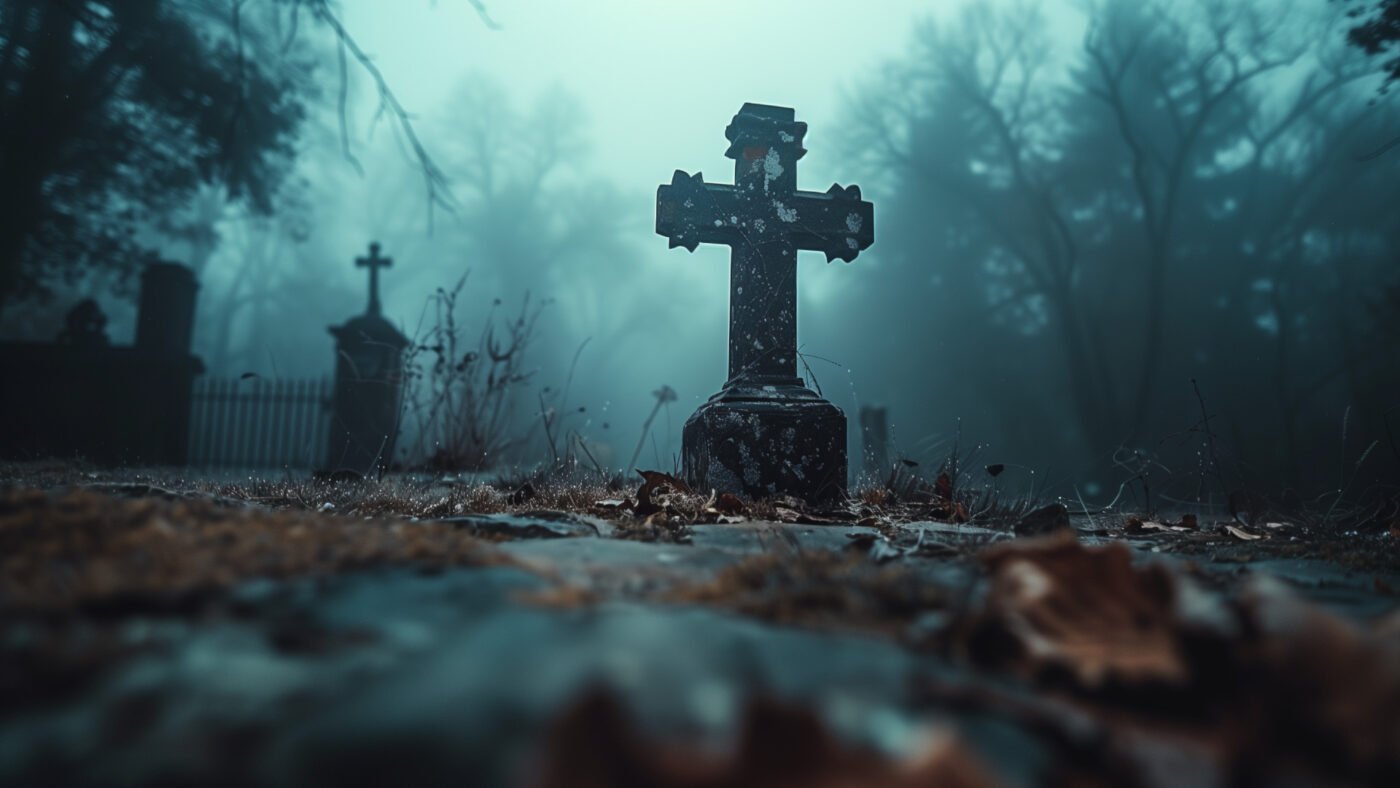

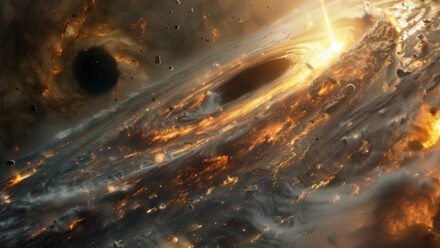







Leave a Comment